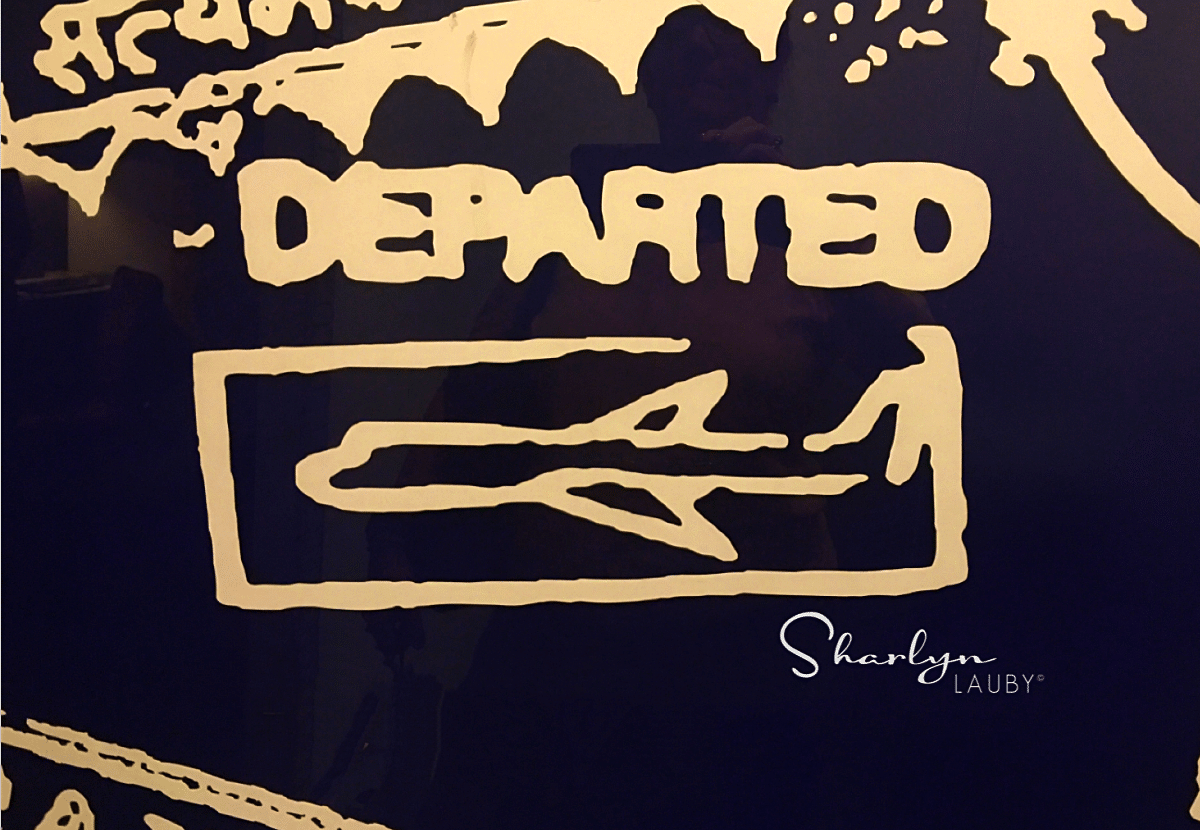Asking Employees for Reimbursement After They’ve Departed – Ask #HR Bartender
Today’s reader note is about a company that’s doing something really nice for employees and ends up with a huge dilemma on their hands.
Our company takes all employees (along with their family, significant other, friend, etc.) to Disney for the weekend. We cover hotel, park tickets, meals, a company meeting, and airfare. While this is not a mandatory event, we hope all employees will attend. (Last year almost 80 percent of all employees joined us). The employee buys their own airfare and we reimburse them. All other expenses are paid directly by the company.
Situation: An employee has resigned right before the trip and therefore, will not be going. But they’ve already been reimbursed for airfare purchased.
Since the tickets cannot be transferred to the company, still have value to the employee (less any change fee), we feel it is appropriate to recapture the reimbursed airfare from the employee. They voluntarily decided to leave the company and have an asset.Are we within our rights? Thanks.
Unfortunately, we don’t know from the reader note if there are any policies or procedures in place that might address this issue. But I do think this raises some questions about offboarding. To help us understand the nuances of this situation, I reached out to our friend Andrea W.S. Paris, a California-based attorney focused on resolving business disputes. She’s helped us previously on a post about the differences between where employees live and work.
I’m delighted that Andrea has agreed to share her knowledge with us. Please remember that her comments should not be construed as legal advice or as pertaining to any specific factual situations. If you have detailed questions, they should be addressed directly with your friendly neighborhood labor attorney.
On the surface, what the company does for employees is pretty awesome. There is one aspect that I wanted to address – the company meeting. If employees are asked to participate in a company meeting during this trip, do they need to be paid for their time? Why or why not?
[Paris] The rule of thumb is whenever employees’ time is used for the company’s benefit, it is considered work, even when it’s not mandatory. The answer to the question as to whether they need to be paid for the meeting time depends on whether we’re talking about exempt or non-exempt employees.
Exempt employees are paid their salary regardless of the number of hours worked. Therefore, it is not necessary to pay wages in addition to their regular salary for the time spent in the company meeting.
However, non-exemptemployees should be paid for the time spent in the meeting. This issue should be addressed in the company’s employee handbook.
In this scenario, the employee resigned before the company outing. Does it matter if the employee voluntarily resigned or if they had been terminated for cause?
[Paris] The situation is analogous to the requirement to return company property. Employees are expected to return, and the company has a right to seek the return of company property regardless of who ends the employment relationship.
In this case, the company is asking about the plane ticket reimbursement. But if an employee has been reimbursed for anything (i.e. conference registration, tuition, etc.) wouldn’t it be the same situation?
[Paris] Yes.
If the company decides to ask the employee for a reimbursement, is there a time limit on when they should take action?
[Paris] I suggest requesting the reimbursement (minus estimated fees to employees) immediately upon receipt of the employee’s notice of termination. The longer the company waits, the less likely it is to recover the funds.
And if the company decides to contact the former employee for reimbursement, is there a best way to do it? Meaning, should you just pick up the phone and ask them OR have the company’s legal counsel draft a letter?
[Paris] If the employee left on cordial terms, a phone call could be effective because this kind of request is more difficult to ignore in-person or on the phone. However, the company would still want to follow up with a letter in order to have a paper trail in the event that further follow-up is necessary. If the relationship is strained, a letter from counsel may be more effective.
Last question: Is there something that the company can do to not end up in the same situation again?
[Paris] Since the company appears to have the infrastructure to book and pay for all other aspects of the trip, having control of the flight arrangements could prevent this issue in the future. Perhaps establish a relationship with a corporate travel agent who could coordinate employee’s flights so that any credit resulting from flight cancellations would be credited directly to the company.
A huge thanks to Andrea for sharing her experience with us. Be sure to follow her on Twitter at @AndreaParisLaw and check out her blog.
Rules, policies, and procedures can be a real bummer at times. Especially when the rule is completely unnecessary. But there are times when rules serve a valuable purpose. They allow us to handle situations consistently.
Image captured by Sharlyn Lauby after speaking at the Learning and Development League Annual Conference in Delhi, India
17